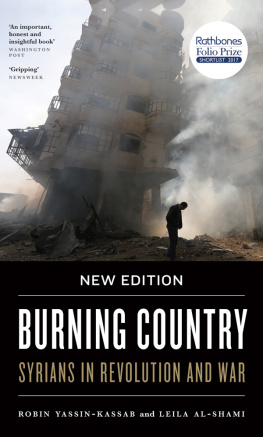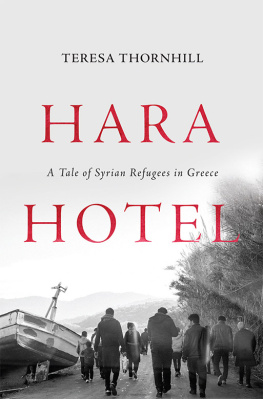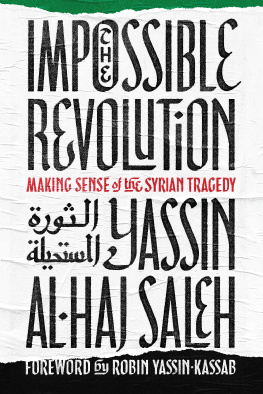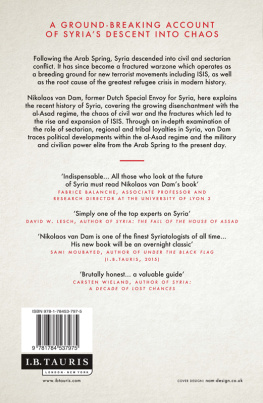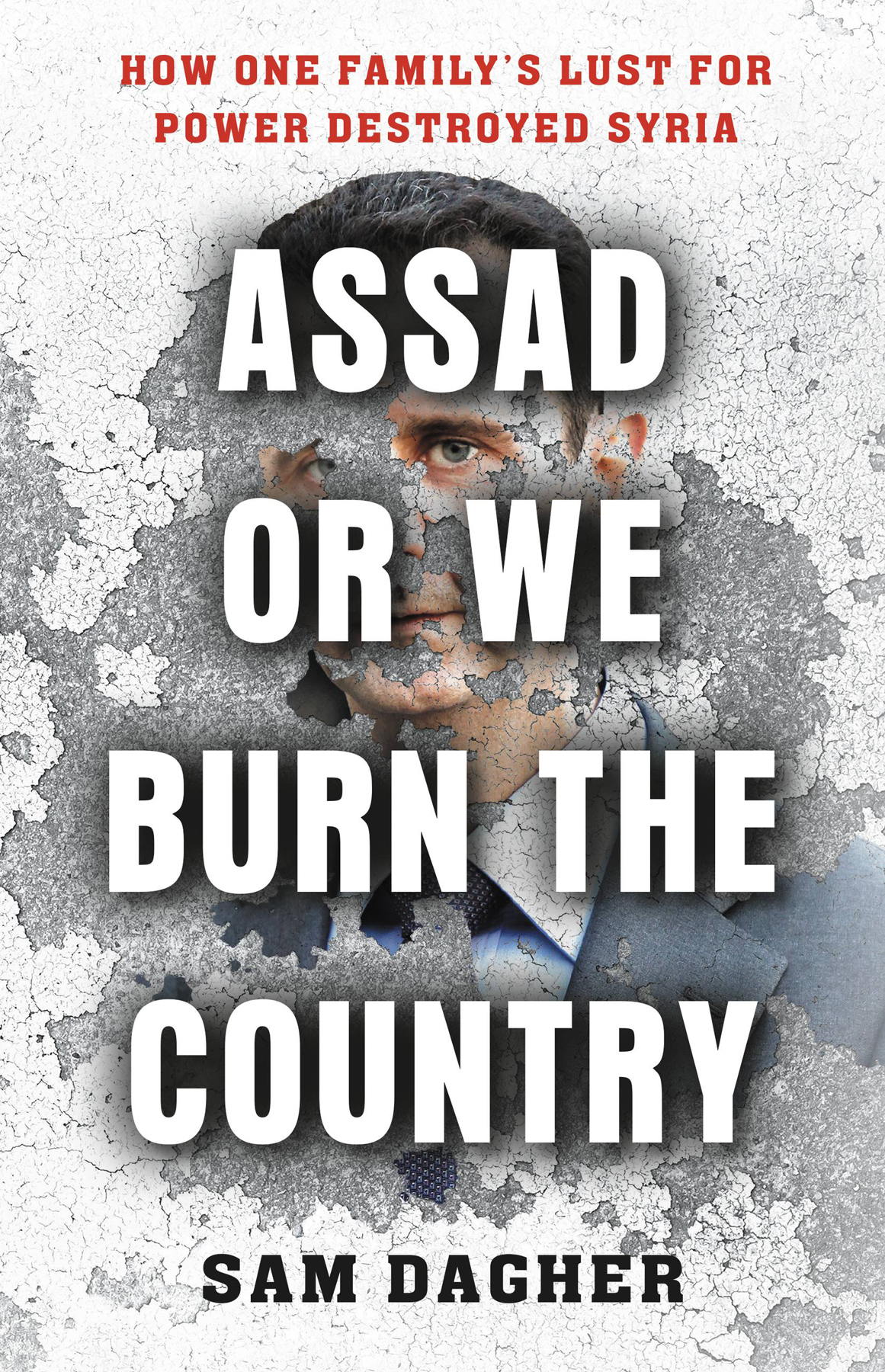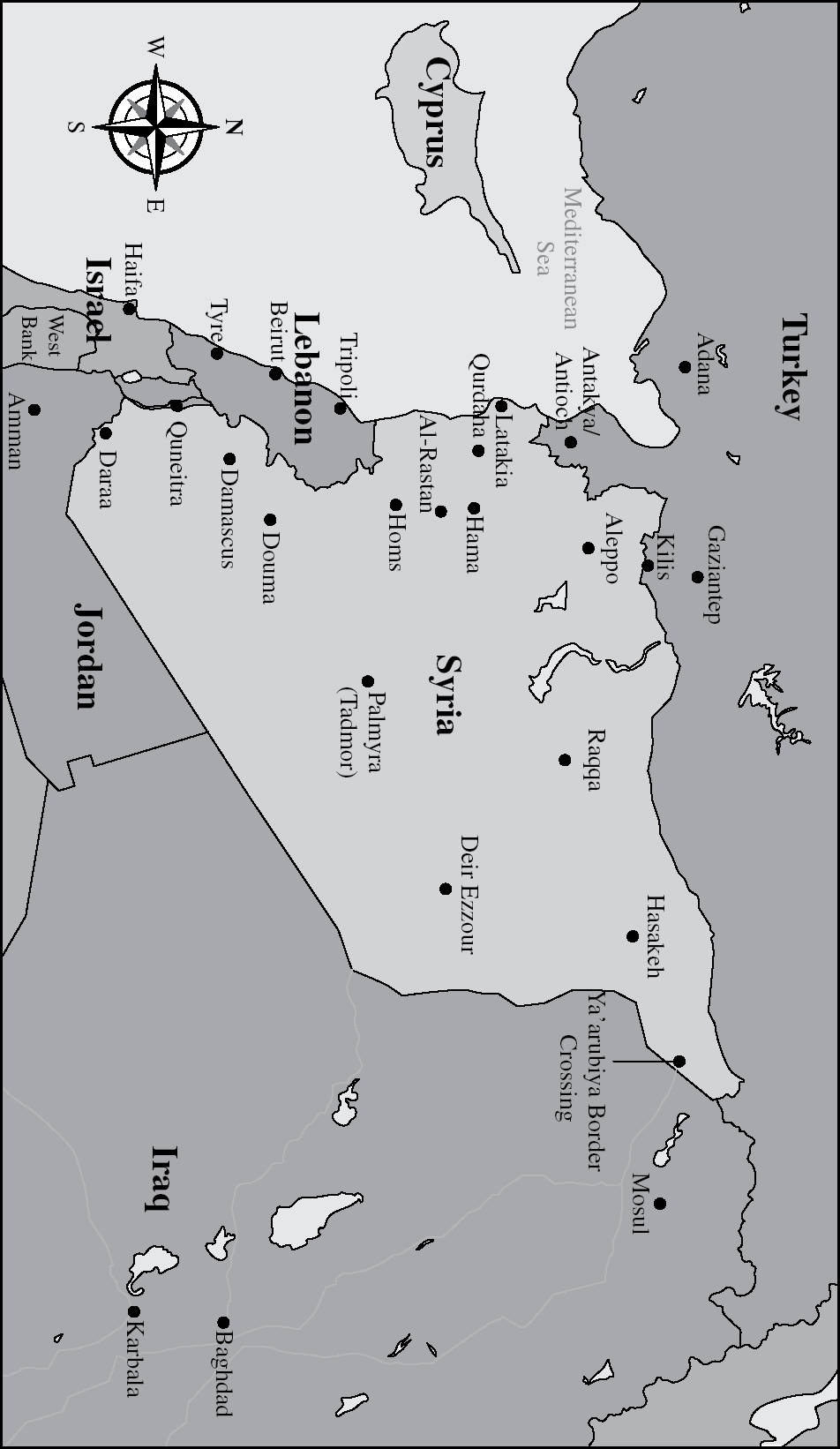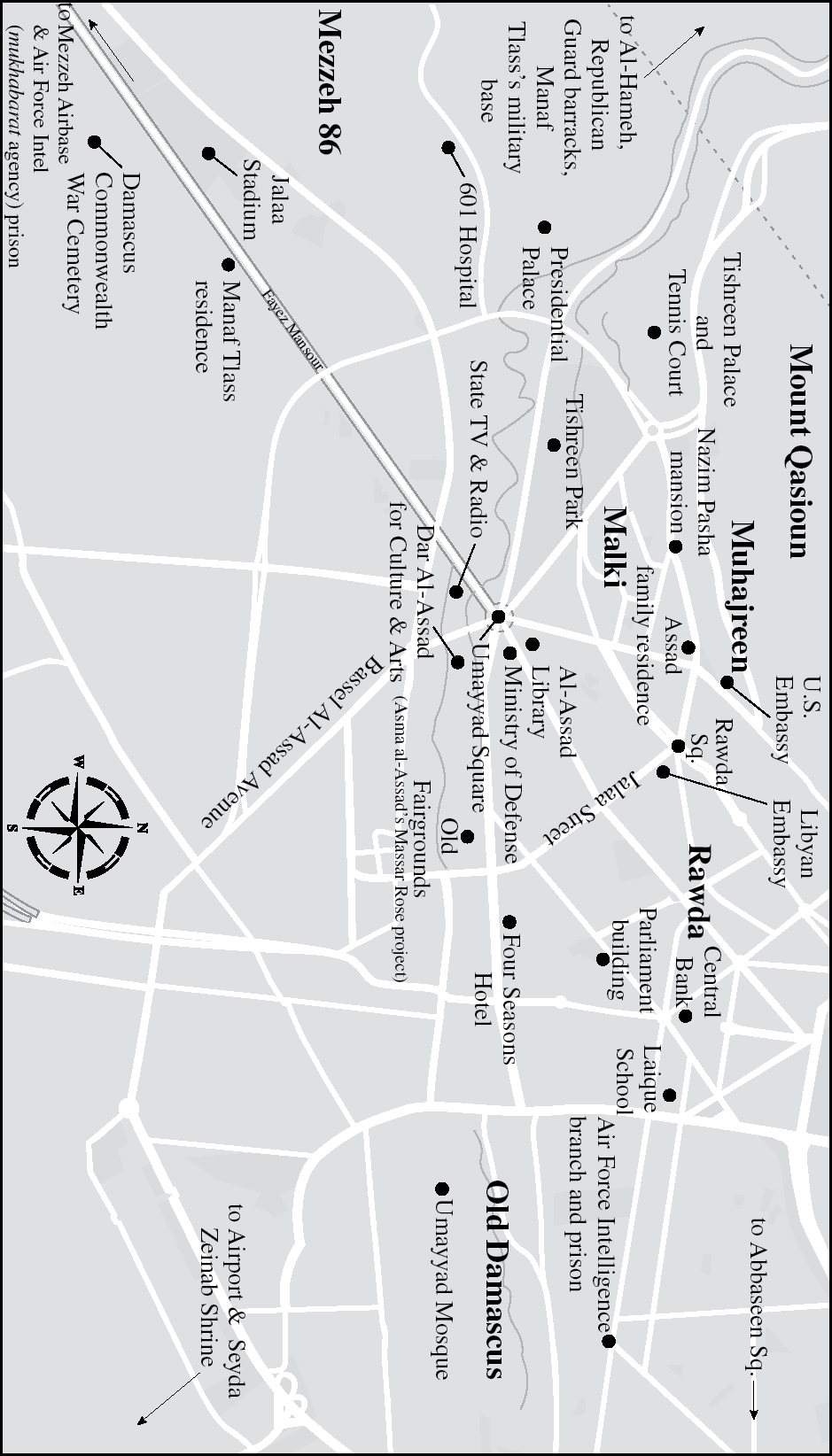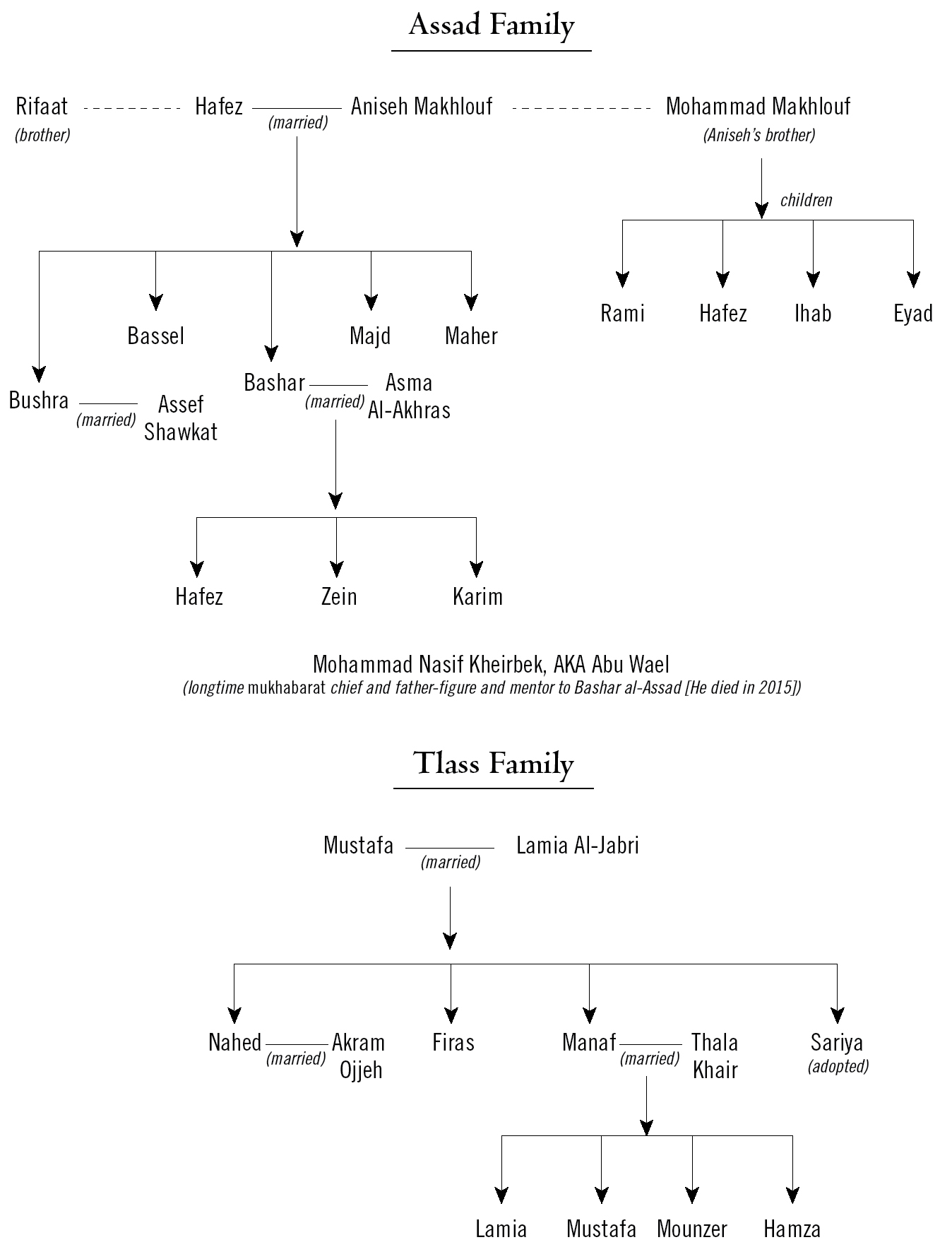Copyright 2019 by Sam Dagher
Cover design by Mario J. Pulice
Cover art by Tammam Alomar
Author photograph by Laurent Calut
Hachette Book Group supports the right to free expression and the value of copyright. The purpose of copyright is to encourage writers and artists to produce the creative works that enrich our culture.
The scanning, uploading, and distribution of this book without permission is a theft of the authors intellectual property. If you would like permission to use material from the book (other than for review purposes), please contact permissions@hbgusa.com. Thank you for your support of the authors rights.
Little, Brown and Company
Hachette Book Group
1290 Avenue of the Americas, New York, NY 10104
littlebrown.com
twitter.com/littlebrown
facebook.com/littlebrownandcompany
First ebook edition: May 2019
Little, Brown and Company is a division of Hachette Book Group, Inc. The Little, Brown name and logo are trademarks of Hachette Book Group, Inc.
The publisher is not responsible for websites (or their content) that are not owned by the publisher.
The Hachette Speakers Bureau provides a wide range of authors for speaking events. To find out more, go to www.hachettespeakersbureau.com or call (866) 376-6591.
ISBN 978-0-316-55670-5
E3-2019024-JV-NF-ORI
To the Syrians who rose up to demand freedom and dignity: Your heroism, sacrifice, and story will never be obscured by lies.
The youth o mother heard freedom was at the gate, they came out to chant for it
Samih Choukair, Ya Heif
Mazen Darwish (Damascus human rights lawyer, activist, protest organizer, cofounder of local coordination committees/LCCs)
Yara Bader (journalist, activist, Mazens wife)
Razan Zeitouneh (cofounder LCCs, Mazens colleague)
Khaled al-Khani (painter, activist, protest organizer, 1982 Hama Massacre survivor)
Dr. Hikmat al-Khani (Khaleds father)
Sally Masalmeh (activist and youth leader in southern city of Daraa)
Fadi and Shaker (Sallys brothers)
Malek al-Jawabra (Sallys husband)
T he idea for this book was born during a trip from the Middle East to the United States toward the end of 2014, three months after I had been kicked out of Damascus by the Assad regime and put on its mukhabarat (secret police) watch list, without even being allowed to collect my belongings.
Count your blessings, youre so lucky, you got away lightly, my Syrian friends kept saying. I could have disappeared in a mukhabarat prison, or worse, and the regime would have probably blamed it on armed terrorist groups, they told me.
I had been the only Western reporter permanently based in Damascus. One year before my expulsion, I was detained by regime militiamen and briefly held in an underground mukhabarat prison, and I continued to face threats and intimidation after my release. Of course, what happened to me were mere inconveniences compared to what Syrians have had to endure under this regime. Perhaps I was simply lucky, or perhaps I was spared a much worse fate because I had been living and working legally inside Damascus, or maybe the regime reckoned that a spat over a US reporter was unnecessary at that particular moment in 2014 when America was fixated on Abu Bakr al-Baghdadi and the Islamic State (known as ISIS or, in Arabic, Daesh) and not on Bashar al-Assad and his war crimes. The regime and its patron Iran wanted to be Barack Obamas partners in the war on ISIS.
I had started reporting from Damascus in October 2012; earlier that year, two of my generations best reporters, Marie Colvin and Anthony Shadid, had died while doing their job inside Syria. A Syrian mukhabarat chief would tell me two years later that the regimes targeting of the house where Marie was staying in a rebel-controlled section of the city of Homs was justifiable because she and other Western reporters had, as he put it, embedded with the terrorists. It was in Homs that I witnessed, over almost two years, the aftermath of the pure terror unleashed by the Assads on a city that dared challenge their rule.
They have even erased our names, said Abu Rami tearfully as we stood at the entrance of his apartment building in central Homs on the morning of June 18, 2014. A large burn mark and mangled wires were all that was left of the buildings intercom, the work of looters who had ripped out the box and set the wires on fire to get at the copper. The flames had consumed the tenants names that had been neatly handwritten in green next to each buzzer. The Arabic-letter equivalents of B and R were all that remained of Abu Ramis label.
Like vultures, the looters had meticulously stripped every apartment in Abu Ramis building, including his, down to its bare bones, taking the furniture, doors, windows, bathroom and kitchen fixtures, and even tiles. After being cleaned out, the apartments were set ablaze. Abu Ramis home library, evidently deemed worthless by the looters, was now a pile of ash. I followed Abu Rami to the balcony, where a few incinerated potted plants stood in the corner. We looked out onto an incredible scene.
Every building in the district had been subjected to the same systematic pillaging and arson. The entire street and neighborhood was awash in mounds of debris mixed in with the remains of peoples livesgutted teddy bears, crushed toys, abandoned school notebooks and photo albums, empty and battered suitcases, broken furniture. It was as if a hurricane had swept through central Homs, just a month after it reverted to Bashar al-Assads control following a vicious three-year siege and bombing campaign intended to strangle communities that rebelled against him. Bashar made people choose between starving to death and surrendering to him, and when they had done one or the other, or fled the country altogether, he declared victory.
Long Live Assads SyriaAssad or We Burn the Country, was sprayed in big bold black letters on Abu Ramis building.
By the time this book comes out, the Assad family will have been in power for nearly half a century, outlasting eight US presidents starting with Richard Nixon.
While the Islamic States black-clad barbarian-like terrorists horrified people everywhere and dictated much of Western policy in Syria, the truth is that Bashar, a mild-mannered former eye doctor trained in the West and married to a glamorous British-born former investment banker, was the one chiefly responsible for the mayhem, destruction, and intense human suffering that consumed Syria and reverberated across the Middle East and world between 2011 and 2018. Bashar commanded and directed the army officers and soldiers, the mukhabarat bosses and agents, and the legions of militiamen doing most of the killing, and he was empowered by the extraordinary support he received from his allies and backersIran; the Lebanese militia, Hezbollah; and then, crucially, the Russian military.



